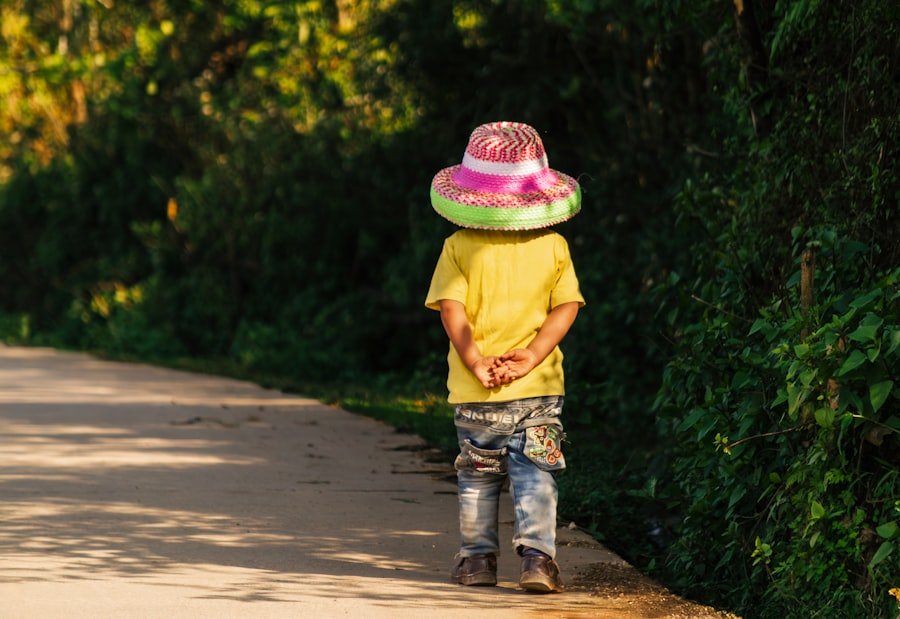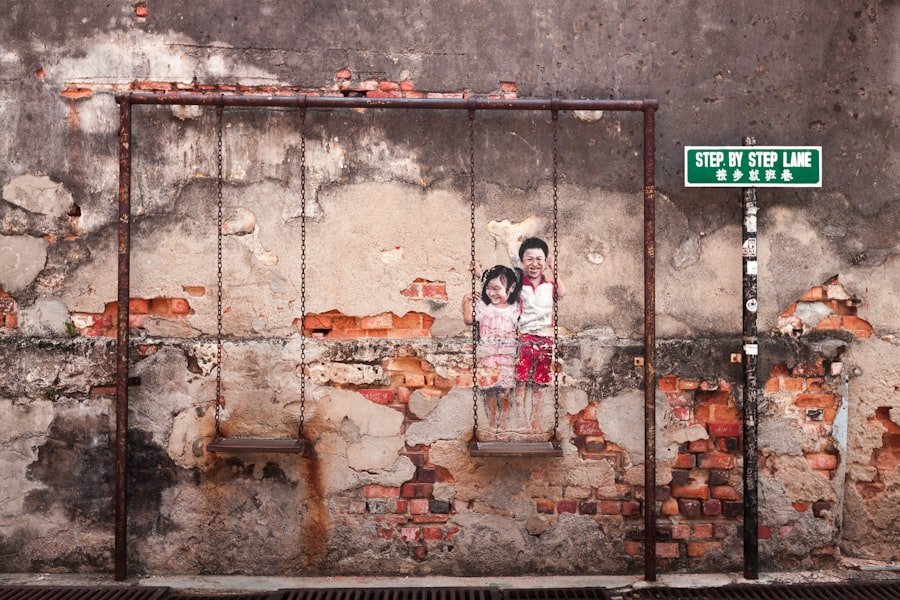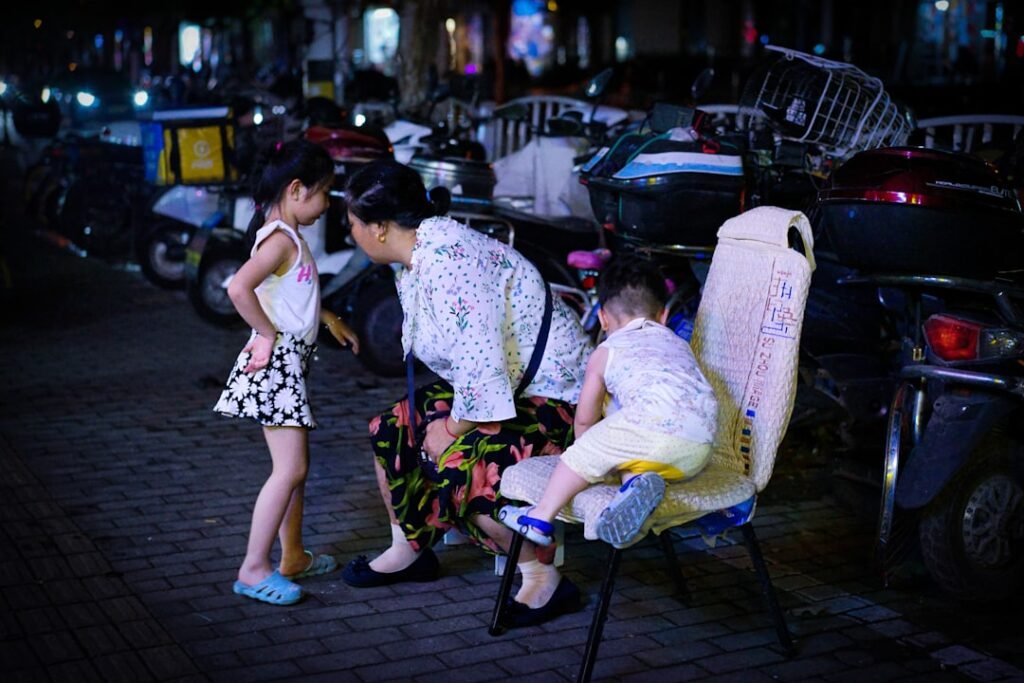In an increasingly interconnected world, the importance of cultural exchange cannot be overstated. The LC Chinese School in Oslo offers a unique opportunity for students to immerse themselves in a rich tapestry of traditions, languages, and customs through its Chinese Winter Camp. This initiative not only fosters an appreciation for Chinese culture but also encourages participants to explore the vibrant heritage of Norway.
By engaging in this cultural journey, students gain insights into the values and practices that shape both societies, ultimately promoting understanding and respect for diversity. The Winter Camp serves as a bridge between two distinct cultures, allowing participants to experience the beauty of Chinese traditions while also celebrating the unique aspects of Norwegian life. Through a series of carefully curated activities, students delve into language, cuisine, folklore, and family values, creating a holistic educational experience.
This journey is not merely about learning facts; it is about fostering connections and building friendships that transcend geographical boundaries. Spaces are filling up fast! Register your child for Chinese Winter Camp at the LC Chinese School in Oslo today.
Table of Contents
ToggleSummary
- Embracing cultural diversity through education allows for a deeper understanding and appreciation of different traditions and customs.
- Oslo, the capital of Norway, offers a rich cultural experience with its museums, art galleries, and historical landmarks.
- Beijing provides a fascinating insight into Chinese culture through its ancient architecture, traditional tea houses, and vibrant street markets.
- Traditional Norwegian cuisine focuses on fresh, locally sourced ingredients and dining etiquette emphasises communal eating and respect for the host.
- Chinese cuisine is a culinary adventure with its diverse regional flavours, use of fresh ingredients, and emphasis on balance and harmony in every dish.
Exploring Oslo: The Capital of Norway
Oslo, the capital city of Norway, is a vibrant metropolis that seamlessly blends modernity with rich history. Nestled between the fjords and forests, it offers a stunning backdrop for exploration. The city is renowned for its commitment to sustainability and innovation, making it an ideal setting for the LC Chinese School’s Winter Camp.
Participants have the opportunity to explore iconic landmarks such as the Oslo Opera House, where they can marvel at its striking architecture and enjoy performances that celebrate both Norwegian and international talent. Beyond its architectural wonders, Oslo is also home to numerous museums that showcase the country’s cultural heritage. The Viking Ship Museum, for instance, provides a fascinating glimpse into Norway’s seafaring past, while the Munch Museum celebrates the works of Edvard Munch, one of Norway’s most famous artists.
These cultural institutions not only enrich the students’ understanding of Norwegian history but also serve as a backdrop for discussions about artistic expression and its significance in both Norwegian and Chinese cultures.
Discovering Chinese Culture in Beijing

As part of the Winter Camp experience, students are encouraged to explore the essence of Chinese culture through virtual or physical excursions to Beijing, a city steeped in history and tradition. Beijing is home to some of the most iconic landmarks in China, including the Great Wall and the Forbidden City. These sites are not merely tourist attractions; they are symbols of China’s rich heritage and resilience.
By learning about these historical sites, students gain a deeper appreciation for the cultural narratives that have shaped China over millennia. Moreover, Beijing’s bustling markets and street food scene offer an authentic taste of everyday life in China. Students can engage in activities such as calligraphy workshops or traditional tea ceremonies, which provide hands-on experiences that deepen their understanding of Chinese customs.
These immersive experiences allow participants to connect with their peers on a personal level, fostering friendships that transcend cultural differences.
Traditional Norwegian Cuisine and Dining Etiquette
Norwegian cuisine is a reflection of the country’s geography and climate, with an emphasis on fresh, local ingredients. Traditional dishes such as lutefisk, rakfisk, and klippfisk showcase Norway’s rich maritime heritage. During the Winter Camp, students have the opportunity to sample these delicacies while learning about the significance of each dish within Norwegian culture.
Understanding the origins and preparation methods of these foods provides valuable insights into the values of sustainability and respect for nature that are deeply ingrained in Norwegian society. Dining etiquette in Norway is equally important to grasp during this cultural exchange. Norwegians place great emphasis on politeness and respect at the dining table.
For instance, it is customary to wait for everyone to be served before beginning to eat, and engaging in conversation during meals is encouraged. By participating in shared meals, students not only savour traditional Norwegian flavours but also learn about the social dynamics that accompany dining experiences in Norway.
Chinese Cuisine: A Culinary Adventure
Chinese cuisine is renowned worldwide for its diversity and complexity, offering a culinary adventure that captivates the senses. The Winter Camp provides students with an opportunity to explore various regional dishes from China, each with its own unique flavours and cooking techniques. From the spicy Sichuan hotpot to the delicate dim sum of Cantonese cuisine, participants embark on a gastronomic journey that highlights the regional variations within Chinese culinary traditions.
Cooking classes are an integral part of this exploration, allowing students to learn how to prepare traditional dishes themselves. This hands-on experience not only enhances their culinary skills but also fosters an appreciation for the time-honoured techniques passed down through generations. As they chop vegetables and stir-fry ingredients, students gain insights into the cultural significance of food in Chinese society—how it brings families together and serves as a medium for expressing love and care.
Folklore and Mythology in Norway

Norwegian folklore is rich with tales of mythical creatures and legendary heroes that have been passed down through generations. Stories of trolls lurking in the mountains or the enchanting nisse (a gnome-like creature) who brings good fortune during Christmas time are integral to Norway’s cultural identity. During the Winter Camp, students delve into these captivating tales, exploring their origins and meanings while drawing parallels with Chinese mythology.
The exploration of folklore serves as a powerful tool for understanding cultural values and beliefs. For instance, many Norwegian stories emphasise themes of bravery, kindness, and respect for nature—values that resonate deeply within both Norwegian and Chinese cultures. By engaging with these narratives, students not only enrich their knowledge but also develop critical thinking skills as they analyse the moral lessons embedded within each tale.
Chinese Festivals and Celebrations
Chinese festivals are vibrant celebrations that reflect the rich tapestry of Chinese culture. The Winter Camp introduces students to significant events such as the Lunar New Year and the Mid-Autumn Festival. Each festival is steeped in tradition and symbolism, offering insights into Chinese values such as family unity and gratitude.
Participants learn about customs associated with these celebrations, from decorating homes with red lanterns during Lunar New Year to sharing mooncakes with loved ones during the Mid-Autumn Festival. Through interactive activities such as lantern-making or calligraphy workshops focused on festive greetings, students actively engage with these traditions. This hands-on approach not only deepens their understanding of Chinese culture but also fosters a sense of community among participants as they celebrate together.
By embracing these festivals, students learn to appreciate the importance of cultural heritage in shaping individual identities.
Artistic expression is a universal language that transcends cultural boundaries. The Winter Camp provides students with opportunities to explore both Norwegian and Chinese arts and crafts traditions. In Norway, traditional crafts such as rosemaling (decorative painting) and knitting reflect a deep connection to nature and heritage.
Students can participate in workshops where they learn these techniques while discussing their significance within Norwegian culture. Conversely, Chinese arts encompass a wide range of practices including calligraphy, paper cutting, and traditional painting. Students can immerse themselves in these art forms by creating their own pieces under the guidance of skilled instructors.
This exploration not only enhances their artistic skills but also encourages them to reflect on how art serves as a medium for storytelling and cultural expression in both societies.
Language is a powerful tool for communication that shapes our understanding of culture. During the Winter Camp, students have the opportunity to learn basic phrases in both Norwegian and Mandarin, fostering cross-cultural communication skills. Understanding linguistic nuances allows participants to appreciate how language reflects cultural values—such as politeness in Norwegian or the importance of context in Mandarin.
Engaging in language exchange activities encourages students to practice their newfound skills while building friendships with peers from different backgrounds. This interactive approach not only enhances language proficiency but also promotes empathy and understanding as participants navigate linguistic challenges together.
Family Life and Values in Norway and China
Family plays a central role in both Norwegian and Chinese cultures, albeit with distinct values and practices. In Norway, there is a strong emphasis on individualism and equality within family structures. Parents encourage their children to express themselves freely while fostering independence from an early age.
During discussions at the Winter Camp, students explore how these values shape family dynamics and relationships. In contrast, Chinese culture places great importance on filial piety—respecting one’s elders and maintaining close family ties. Students learn about traditional practices such as ancestor worship during festivals and how these customs reflect deep-rooted values of respect and gratitude towards family members.
By comparing these perspectives on family life, participants gain insights into how cultural contexts influence familial relationships.
Embracing Cultural Diversity through Education
The LC Chinese School’s Winter Camp serves as a remarkable platform for embracing cultural diversity through education. By immersing themselves in both Norwegian and Chinese traditions, students develop a profound appreciation for the richness of different cultures while forging lasting connections with peers from diverse backgrounds. This journey goes beyond mere knowledge acquisition; it fosters empathy, respect, and understanding—qualities essential for navigating an increasingly globalised world.
As participants reflect on their experiences at the Winter Camp, they emerge not only as more informed individuals but also as ambassadors of cultural exchange. By embracing diversity through education, they contribute to building bridges between communities—ultimately enriching their own lives while fostering harmony among different cultures. In this way, the Winter Camp at LC Chinese School stands as a testament to the transformative power of education in promoting cross-cultural understanding and appreciation.







